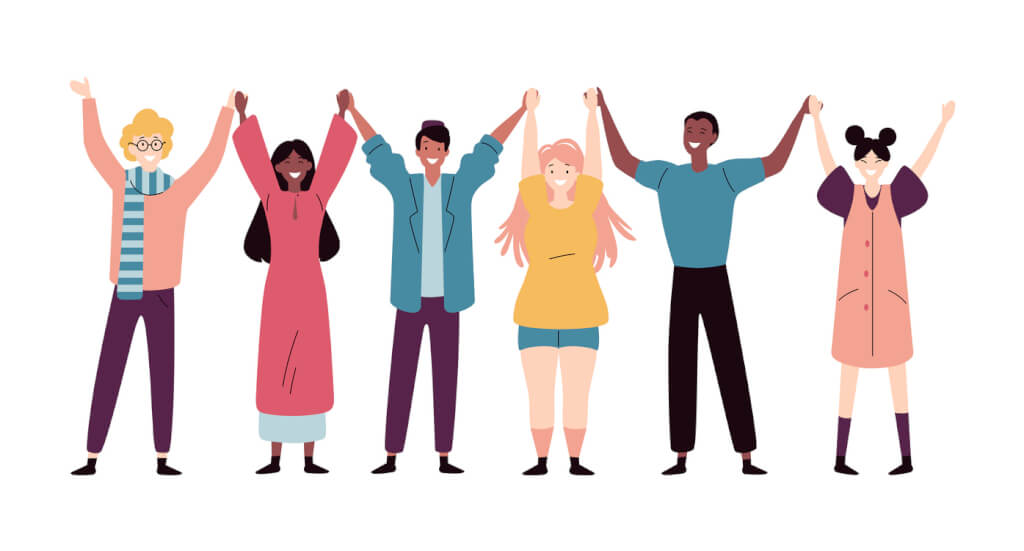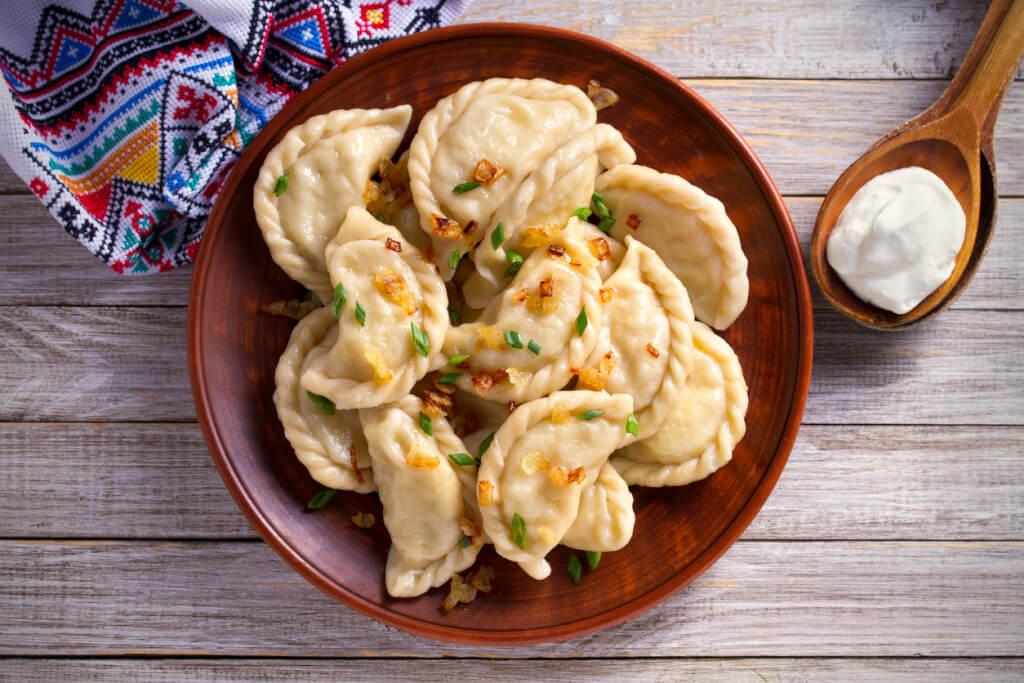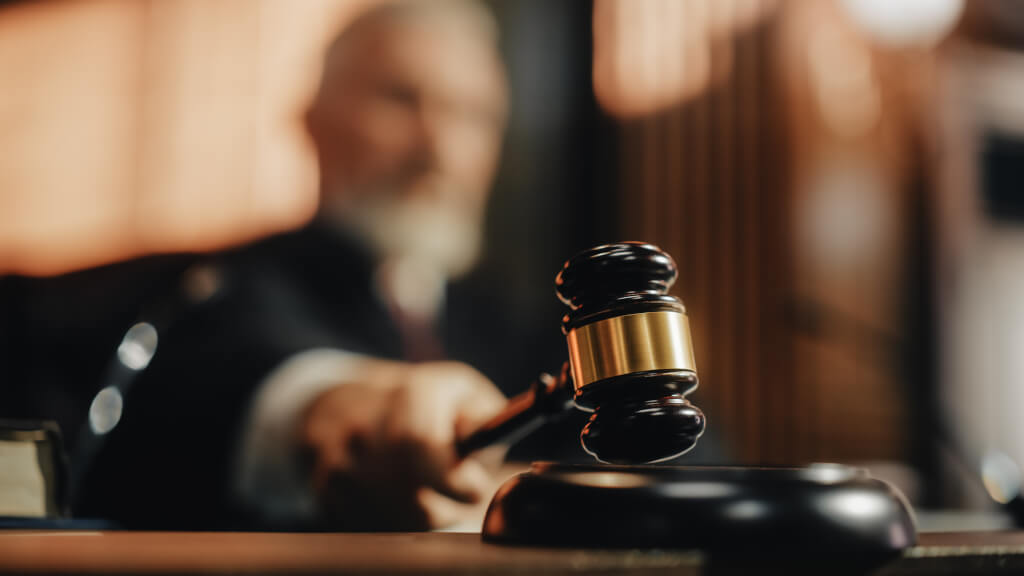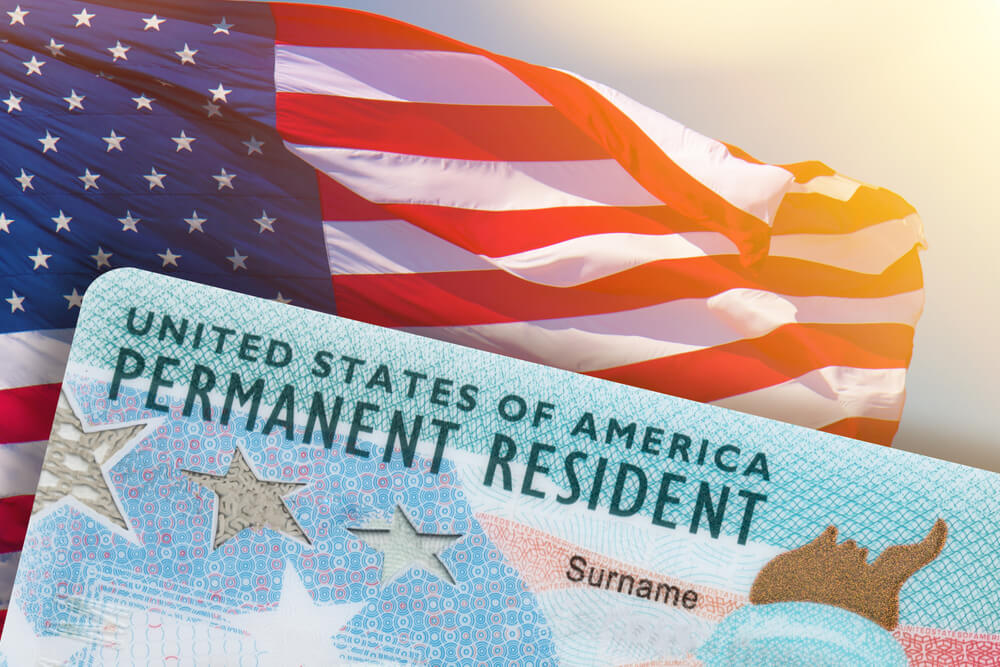Legal marijuana in New York: what innovations to expect in 2022
'03.01.2022'
Nurgul Sultanova-Chetin
In the spring of 2021, New York was legalized cannabis use... By the end of the year, cities and towns across the state had to individually decide whether to allow the use of cannabis dispensaries and “local consumption”. The City.
The city has made a choice. But that doesn't mean New Yorkers 21 and older will be able to walk into any store in the five boroughs and legally buy weed.
Bureaucratic delays, aggravated by the fact that Andrew Cuomo resigned from the post of governor in August, the terms were pushed back by several months. Therefore, in 2022, the city may not see many marijuana establishments open their doors.
Despite the dim future cannabis industry prepares for the green light. The new government regulator is looking into the details of how this will all work.
Waiting for a breath: what's next with recreational marijuana
Every city, town, and village in the state had a major decision to make before the end of the year. Will they allow dispensaries and / or marijuana consumption sites, i.e. cannabis lounges, to operate within their borders?
The state set a December 31, 2021 deadline within which municipalities could opt out of one or both of these options. Municipalities that receive the permit will not receive any tax revenue from the sale of recreational marijuana in other parts of the state.
On the subject: 'Asian marijuana': what is kratom, products from which are offered in New York
According to Heather Trela, a marijuana policy expert at the Government's Rockefeller Institute, which tracks these decisions for all roughly 1500 New York City cities, at least 593 state municipalities have just turned down at least one option to date. Also at least 272 have publicly said yes to one or the other.
According to Trela, this figure is actually "a little more lenient compared to some other states." In other states, most localities have opted out of statewide legalization. Any location in New York that did not opt out of New Years Eve would automatically agree.
Many states refuse to legalize
In New Jersey, nearly 70% of municipalities have waived all six categories of marijuana licenses created in that state. "Similar patterns have been observed" in California, Illinois, Massachusetts, and other states.
Jordan Eisenstadt, a public relations veteran who works with many clients in the cannabis industry, worked for the Cannabis Task Force in North Hempstead, Louisiana as the state was considering choosing or not. In a recent Daily News article, he called on cities like him to welcome marijuana retailing.
Because of the small amount of direction or regulation from the state on how sales will work, many municipal leaders lean towards "no," he said.
“Because of the schedule, because we don't have final rules, because there are no applications [cannabis license] yet, many cities are saying no right now,” he said. "They don't even quite understand what they are choosing."
The opt-out applies only to dispensaries and on-site consumption, not “all other types of licenses including growing, shipping, processing and manufacturing,” Isenstadt noted.
Any city that did not provide a solution was automatically included in the legalization process, and this cannot be canceled. But if the leaders deliberately refuse to legalize, they can return to the solution of this issue next year.
New York is not among those who refuse to participate in legalization. Mitch Schwartz, a mayor's office spokesman, confirmed that both cannabis-growing options will be available across the city's five boroughs.
I live in New York. When can I legally buy weed
You will have to wait a little longer. Experts say marijuana retail stores may not appear in much of the state until late 2022 or, more likely, early 2023.
The Marijuana Regulation and Tax Act has given all New Yorkers the legal right to use, smoke, or store less than 85 grams. However, the state has yet to issue any licenses to the people and companies that will supply, ship, and sell legal cannabis to customers.
There are 11 types of licenses that will be available to build this marijuana supply chain. Including for cultivators, processors, dispensaries, suppliers and operators of “consumption on the spot”, that is, cannabis bars or parlors.
These permits will eventually be issued by the newly created Office of Cannabis Management, or OCM, a government regulatory body created by the Marijuana Regulation and Taxation Act (MRTA). But how and when these certificates will be generated is not yet clear.
Rules will be released before March 2022
These decisions will be taken by the five-member Cannabis Control Board (CCB), which will act as the oversight body for OCM.
But the Oversight Board has yet to address any licensing issues in four meetings held from October to December.
Tremaine Wright, a former Brooklyn Assembly member and current chairman of the board, said last week at Crain's New York Business that the CCB will issue regulations on recreational marijuana between January and March 2022.
Pilar DeJesus, a cannabis advocate and educator based in East Harlem, said the potential delay in sales until 2023 was not to the liking for some, but the pause could be a blessing.
Opening a pharmacy or point of consumption takes time, funding and specialized legal knowledge, branding and safety skills that many people in low-income communities may not have, she said.
“Unfortunately my community is not fully prepared yet,” she said.
If you can't wait, you have several (legal) options:
- The government's medical marijuana program has been launched and is being implemented by the first 10 cannabis suppliers previously licensed to do so. The first thing the CCB did when it began its meeting was to expand the certification process for patients and allow more marijuana plants to be grown at home for medical use.
- You will soon be able to shop for retail cannabis in the north of the state - if you are traveling near the Canadian border. The Saint Regis Mohawk Tribe aims to be the first New York City to issue retail licenses for marijuana. Native American tribes in a state can create their own rules regarding marijuana law. SRMT has issued temporary growing licenses and is awaiting retail licenses "in early 2022," the tribe said in a recent press release.
- Just because it is still formally illegal to sell marijuana in New York does not mean that people are not doing it in some way. Uncle Budd's mobile service offers cannabis products from a parked truck in Harlem in exchange for "donations." The Empire Cannabis Club in Chelsea offers carefully selected concierge services for a "membership fee".
Johnny Walters, co-owner of Uncle Budd's, said he was happy to be able to hire young people in the neighborhood and "make a decent living without going to jail."
How exactly cannabis shops will look like
This is a creative city. And some shops that have already opened in preparation for the change offer a hint of just how colorful a grassy landscape can be.
In East Harlem, Paint Puff "N" Peace debuted in September with celebrity endorsements from Nick Cannon and Fat Joe.
Some modern medical cannabis growing locations - such as the MedMen outlet near Bryant Park or the Curaleaf 's Forest Hills showcase - could take advantage of the opportunity to create a combined treatment and relaxation space with a medical clinic-like environment.
Eisenstadt, a public relations veteran, represents the Finger Lakes, Beak and Skiff apple orchard, which hopes to obtain a license to convert some of its land to grow marijuana and consume it locally "to become a cannabis consumption site."
Longtime Manhattan clandestine cannabis club Happy Munkey also comes into play. There were two sold-out events this summer where guests received marijuana products, including pre-rolled joints.
Shouldn't the law help people affected by criminalization?
New York law aims to correct the mistakes of marijuana criminalization in several key ways.
First, at least 150 people previously convicted of marijuana will be automatically removed from these records by the New York City court system. Among them are 000 people who were in the state prison on the now decriminalized charges.
This is in addition to 160000 convictions that were dropped after a 2019 law decriminalized possession of 85 grams or less of marijuana.
Second, when the Cannabis Authority issues licenses, its goal is to transfer 50% of them to “social and economic justice seekers”.
DeJesus is pleased with the decision, but worried that white business owners might use it to take advantage of people like her or her neighbors. She was unexpectedly approached by investors who asked if she would be an applicant for social capital to start their cannabis business.
“I thought, 'This is so weird.' I refused, ”she said. "That's not how I build partnerships."
The law requires 40% of tax revenue generated from recreational cannabis sales to go to the communities most affected by the war on drugs through an as-yet-to-be-created New York State Community Reinvestment Grant Fund.
This fund will be managed by a 13-member government cannabis advisory board, which has not yet been formed. Among other categories, the council should include people with previous drug use convictions and former prisoners.
If all goes according to plan, Trela said New York's social justice efforts "could be one of the most progressive programs in the country." But the devil is in the details, and the results have been mixed in other states, she said.







